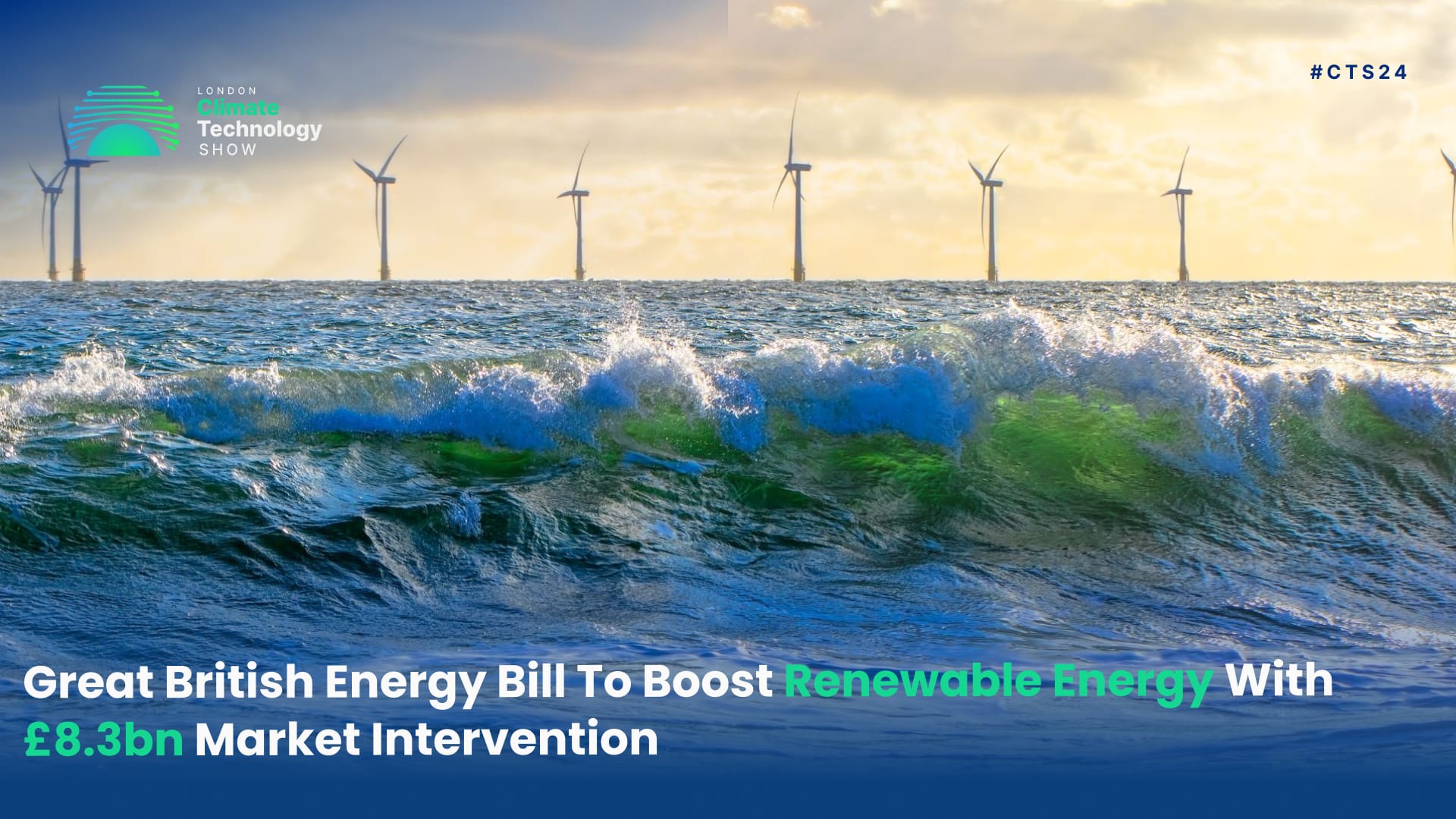21 July 2024: Labour is pushing forward with its ambitious plan to create a state-owned energy company, Great British Energy, backed by £8.3bn of taxpayer funds, marking one of the most significant market interventions in decades. Announced in the King’s Speech, Sir Keir Starmer’s Government confirmed that Great British Energy will develop, own, and operate energy projects like wind farms, leveraging public funds to attract private sector investment.
At the same time, Labour has introduced comprehensive railway reforms, including upgrades to the Manchester-Liverpool route, as advocated by Andy Burnham, the Mayor of Greater Manchester.
On wednesday (17 July, 2024), the Government stated that GB Energy would “help us take back control of the country’s energy, achieve energy independence, create new jobs, save money for households, and tackle climate change.”
GB Energy’s £8.3bn budget for this parliament will be used to acquire equity stakes in energy projects and their supply chains, including supply, distribution, storage, emissions capture, and green transition measures. This marks the first direct Government involvement in the energy market since the privatisation of the electricity industry and British Gas in the late 1980s.
Headquartered in Scotland, GB Energy will be established through the Great British Energy Bill announced in the King’s Speech. This bill will also empower Ed Miliband, the Energy Secretary, to provide the financial backing needed to meet the agency's aims and ambitions, while also requiring the publication of a “strategic priorities” statement.
Net zero electricity system by 2030
The Government’s priorities for GB Energy are yet to be fully detailed, but Labour has set an overarching goal of achieving a “net zero” electricity system by 2030. The energy industry is divided on how best to utilise GB Energy’s funds. Some Labour supporters advocate for extensive backing of renewable power projects, while many experts suggest focusing on emerging technologies like carbon capture and hydrogen production.
Documents accompanying the King’s Speech indicate that achieving a net zero power grid will require doubling onshore wind capacity and tripling to quadrupling current offshore wind and solar capacity. They highlight that the private sector alone is unlikely to deliver the needed scale and pace of investment, emphasising the public sector’s unique capability to mitigate market failures and accelerate the deployment of renewable generation capacity.
GB Energy will collaborate with the National Wealth Fund, which has £7.3bn allocated for green technologies and infrastructure projects, such as ports to support domestic wind turbine production.
Vicky Parker, head of power and utilities at PwC UK, noted: “The policy direction of the new Government suggests we are likely to see growing public sector involvement to help drive progress in energy.”
The initiative, confirmed in the King's Speech, seeks to develop and operate renewable energy projects, leveraging public funds to attract private investment, marking a major governmental intervention in decades. With a goal of achieving a net-zero electricity system by 2030, GB Energy's strategy includes extensive investment in renewable power and emerging technologies, highlighting the necessity of public sector involvement to meet these ambitious targets.


